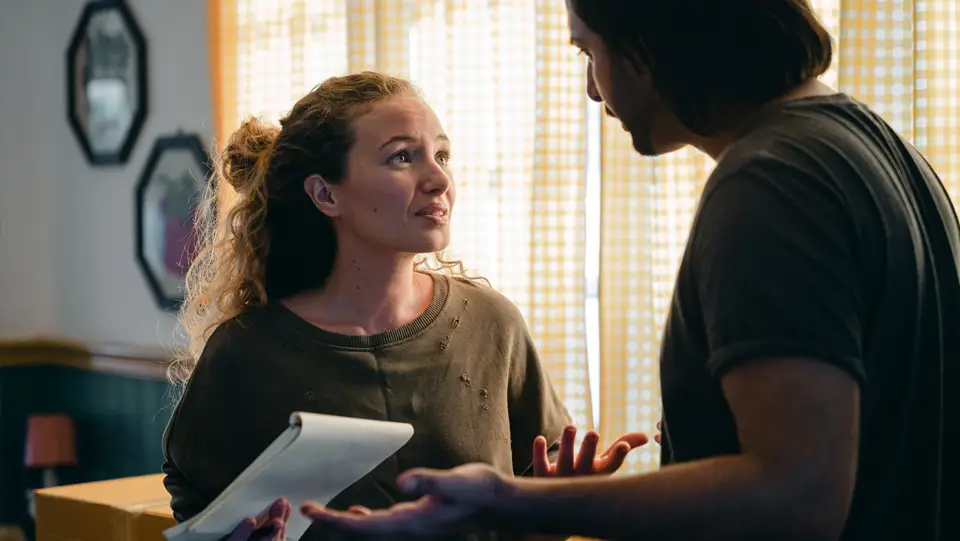Some couples can have productive conversations at the kitchen table and agree on how they want to handle the financial and co-parenting issues of their separation and divorce. And I am all for couples having these conversations as long as they are productive. I believe that the more couples are able to sort out on their own, the better for them, their families, our court system, and society in general.
These couples understandably wonder why they need an attorney if they can figure things out on their own. It is a reasonable question.
There are many reasons, but I want to focus on one in this post: the difference between what you think you have agreed to, and what you have actually agreed to.
This came to mind while reading a blog post from a financial planner about pension divisions (I know, this sounds insanely boring).
This blog points out that “Even in amicable separations, and situations in which spouses largely agree conceptually on how assets should be divided, it’s not uncommon for there to be an innocent misunderstanding at the time that, once more thoroughly understood in the future, creates animosity or financial hardship. And, in some cases, both.”
The author frames this situation as the “We agree, but don’t really understand what we’ve just agreed upon” scenario.
This is a very real risk. Clients (both collaborative divorce clients and non-collaborative divorce clients) frequently come to me with at least a partial outline of some agreed big-picture terms. However, part of my job is to dig into the details of those agreements because I am responsible for taking these conceptual agreements and turning them into fleshed-out enforceable legal agreements. And once I start asking about details, and explaining the consequences of the conceptual agreements, clients frequently realize that they did not actually understand what they were agreeing to do.
In my mind, one of the most valuable services I provide to clients is helping them to truly understand their conceptual agreements, and to help them tweak them where necessary to reach a full and detailed agreement that is legally enforceable.
Some clients are frustrated to learn that there is more work to be done and that their conceptual agreements are not the end of the journey. I certainly understand that. After all, even the conceptual agreements take energy and those conversations can be emotionally draining. It is just one of the frustrating parts of separation and divorce.
But, without that work, the innocent misunderstandings that come with conceptual agreements become the seeds of the animosity and financial hardship that everyone is trying to avoid.
So, to answer the question “We know what we want to do. Why do we need lawyers?”: The answer is that a good lawyer is there to help you truly understand what you have agreed to conceptually and find and address the innocent misunderstandings before they create animosity and financial hardship down the road.



